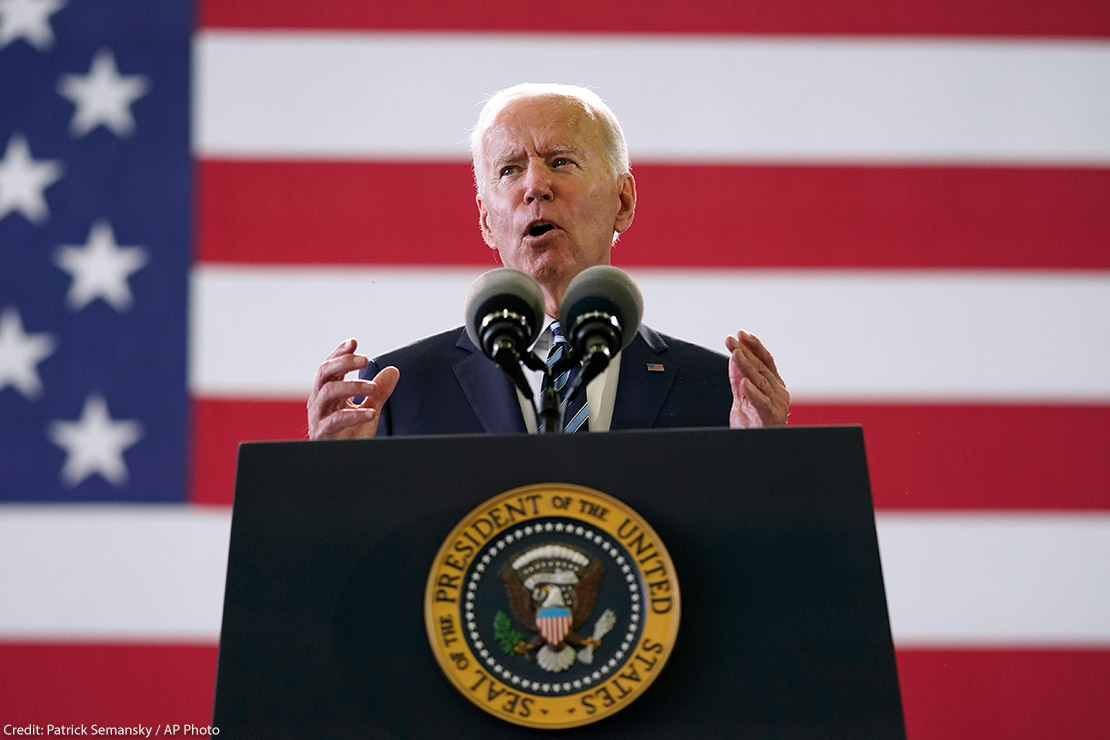After 20 years, President Joe Biden announced the withdrawal of US troops from Afghanistan, claiming that no further progress could be made and that the country could battle extremists without ground forces. Now, again the concern is shifting towards the Taliban. Ayman al-Zawahiri, the commander of Al-Qaeda, was assassinated by two missiles fired by the United States on July 31 when he was inside Kabul. After the September 11, 2001 attacks, the United States accused the Taliban of breaking promises that it would not provide refuge to Al-Qaeda. However, the Taliban has also had its own disputes with the far more radical Islamic State organization. The warning came in response to news reports that Al Qaeda, the Islamic State militant organization known as ISIS in the United States and other terrorist groups had been revived in Afghanistan following the Taliban takeover and were gradually becoming a big threat to the United States and its allies.
The militants who were targeted included Osama Mahmoud, the self-styled “emir,” and four other leaders of Al-Qaeda in the Indian Subcontinent, a regional affiliate of the terrorist network. In addition, the United States named Mufti Hazrat Deroji, also known as Qari Amjad, as the second-ranking member of the Pakistani Taliban and said that his 15-year campaign of terror has intensified since the Taliban gained power in neighboring Afghanistan last year. One of the two border regions that has been the target of violent attacks, according to US sources, Deroji has been in charge of operations in Khyber Pakhtunkhwa. Secretary of State Antony Blinken stated in a statement that ‘’the designations are part of our relentless efforts to ensure that terrorists do not utilize Afghanistan as a foundation for global terrorism.”

When asked what Washington was doing to address these dangers, State Department spokesman Ned Price responded, “We’ve been very clear that the United States and our allies around the world will not let Afghanistan to become a safe haven for international terrorists who constitute a threat to the United States, to our friends around the world.” The Taliban took control of Kabul on August 15, 2021, after the United States abruptly left Afghanistan. President Joe Biden supported the decision to withdraw all American soldiers by claiming that Al Qaeda had left Afghanistan.
On the other hand, Ned Price, a spokesman for the US State Department stated ‘’Washington expects Islamabad to take “sustained action” against all terrorist organizations and that a newly proposed $450 million military sale package for the maintenance of Pakistan’s F-16 fleet would assist achieve this goal.’’ However, this shows the kind of coercive diplomacy U.S is trying to do.

Research Associate, Pakistan House



